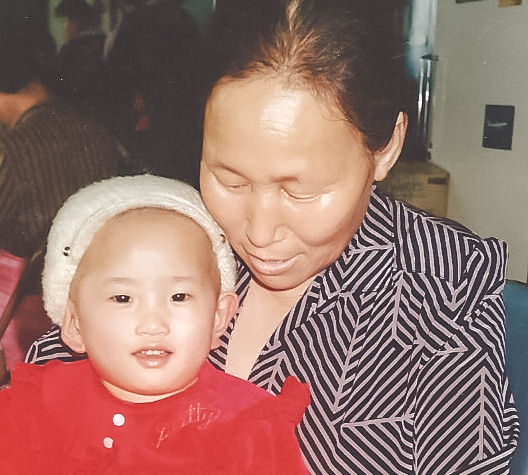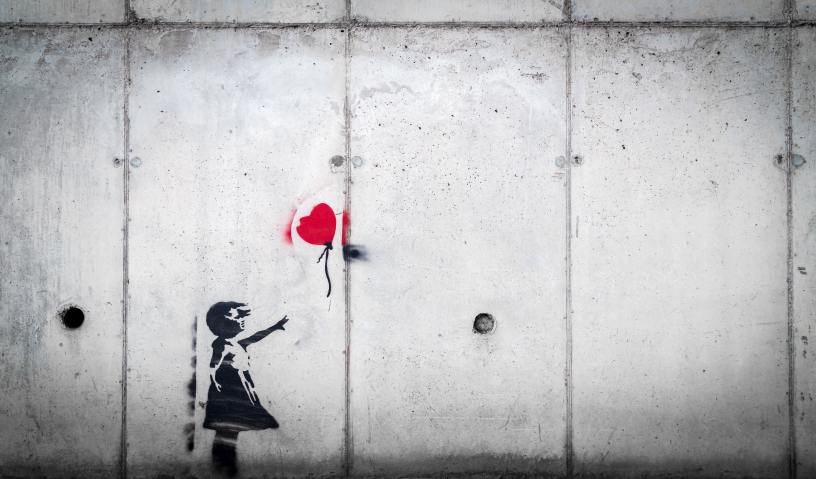Everyone seems to have their own opinions about healing.
And I find it so incredibly harmful and frustrating when someone attempts to project their experiences with and beliefs about healing onto others because they have healed and have moved on from their traumas and expect others to do so as well.
Here’s the thing about healing.
Healing is so incredibly personal and unique to each person, and we have no business telling another person how they should heal or dictate a timeframe in which they should do so.
As adoptees, we all may have experienced trauma, loss, and adoption—but we have all experienced these at different times and in our own ways.
If you have done your healing and you are in a wonderful place, I am truly and genuinely thrilled for you.
I wish that for everyone who is healing from their hurts with every fiber of my being.
If you are just beginning your healing journey or are working towards a place of healing—I stand with you, I support you, and I honor and respect where you are in your healing journey.
I am not a mental health professional, nor have I received the training to qualify as someone who can advise anyone on their mental health or their healing.
I have lived experience as an adoptee and have worked in child welfare and adoption for over 15 years. I am also a survivor and volunteered as a sexual violence crisis advocate for over a decade. I am a mental health warrior.
And I share only about my experiences and my truths—both personal and professional—and what I have learned along the way.
I fully support and advocate for the amplification and centering of adoptee voices.
And I always will.
However, I believe that I also have a responsibility to provide support and advocate in responsible ways.
That means speaking on what I know and what I know to be the truth.
It means speaking my truth in ways that are authentic and true to my experience.
It means not providing support or advice that I am not trained nor qualified to give.
Please continue to share about your joys and successes so we can celebrate you and celebrate with you.
Share your voice so we can support and amplify your truths and your lived experiences.
But, please do not share about your accomplishments or your healing in ways that belittle others and insinuate that others should be further along in their healing process.
If you truly want to support adoptees, then you need to support us in our need to heal in our own time and in our own ways.
Though I am in my late 30’s, I didn’t start exploring what it means to be an adoptee until 8 years ago. It has been less than 8 years since I reached a place of being able to acknowledge and begin the process of working through my trauma experiences. There is a whole lot of healing that I still need to do—and I am nowhere near where I need or want to be in that regard.
And nobody has the right to dictate to me how that healing should happen or how long it should take.
Healing is a lifelong process.
Healing is not linear and does not project in a forward motion at all times simply because we want it to.
There will be setbacks.
There will be days when we take one step forward and two steps back.
Healing is not pretty.
It can be an ugly and extremely painful process.
We lash out at others.
We push others away.
We hold others too close.
We immerse ourselves fully in our traumas because they have been the one constant in our lives that have been so full of loss.
Some days we fight our battles loudly.
Some days we fight just to exist.
There will be moments in which the wounds we thought had already healed are torn open by new traumas or something that has triggered past traumas.
Rather than judging others for the ways they choose or are not able to heal, we need to provide them with the grace and support they need and deserve.
Because that is their battle, their truth, and their healing journey—not ours.
And, no, I am not saying that we need to save anyone or that anyone needs to be saved. That is not who I am or what I have ever been about.
However, I am saying that we need to acknowledge and respect where we are in the healing process and walk alongside each other—not push each other to be where we think each of us should be.
We are not going to heal the way you want us to.
Healing doesn’t work that way.
We are going to heal in the ways we need to.
And we are exactly where we need to be.

